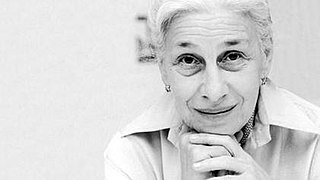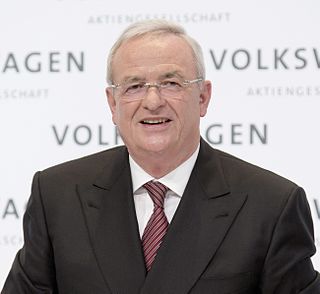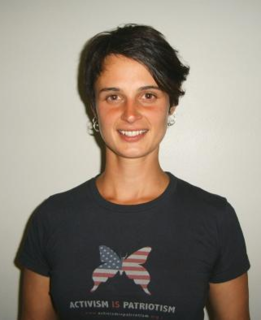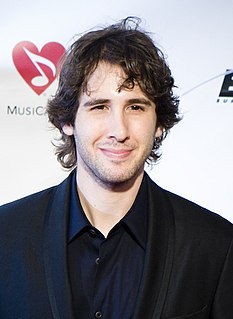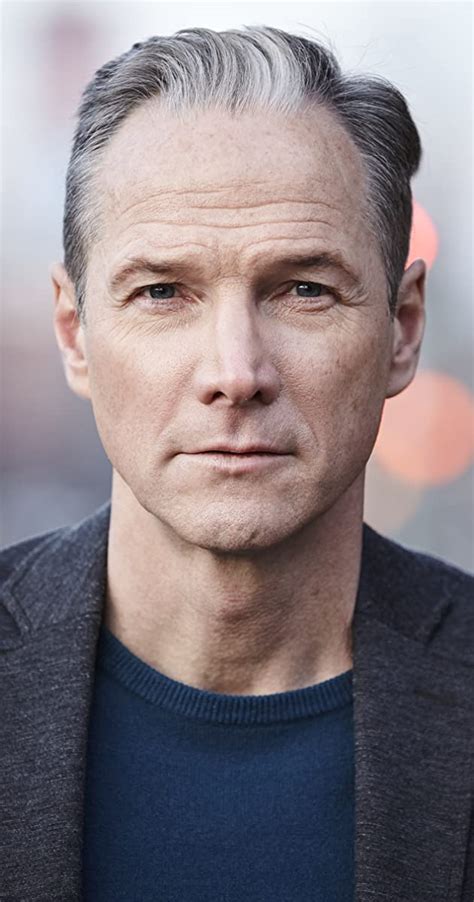A Quote by Eve Arnold
I realise that I had the best of serious picture journalism. There was an innocence in our approach, especially in the 1950s and 1960s when we naively believed that by holding a mirror up to the world we could help - no matter how little - to make people aware of the human condition.
Related Quotes
He stared up at the stars, and it seemed to him then that they were dancers, stately and graceful, performing a dance almost infinite in its complexity. He imagined he could see the very faces of the stars; pale, they were, and smiling gently, as if they had spent so much time above the world, watching the scrambling and the joy and the pain of the people below them, that they could not help being amused every time another little human believed itself the center of its world, as each of us does.
I had the good fortune to be raised in the 1940s and the 1950s. As I entered business in the late 1950s and 1960s, America was just coming into its own as a great industrial power. It allowed young entrepreneurs to start their engines, to start their businesses, to borrow a little money and to leverage what they had.
Here the people could stand it no longer and complained of the long voyage; but the Admiral cheered them as best he could, holding out good hope of the advantages they would have. He added that it was useless to complain, he had come [to go] to the Indies, and so had to continue it until he found them, with the help of Our Lord.
The future is unwritten. Cyberspace is the funhouse mirror of our own society, reflects our values and our faults, sometimes in terrifying exaggerations. It doesn't matter who you are today, if you don't show up in that mirror you are just not going to matter very much. Our kids have to show up in the mirror.
We spent as much money as we could and got as little for it as people could make up their minds to give us. We were always more or less miserable, and most of our acquaintance were in the same condition. There was a gay fiction among us that we were constantly enjoying ourselves, and a skeleton truth that we never did. To the best of my belief, our case was in the last aspect a rather common one.
I wake up in the morning asking myself what can I do today, how can I help the world today. I believe in what I do beyond a shadow of a doubt. I gave my word to this tree and to all the people that my feet would not touch the ground until I had done everything in my power to make the world aware of this problem and to stop the destruction.
No matter who we are, no matter what our circumstances, our feelings and emotions are universal. And music has always been a great way to make people aware of that connection. It can help you open up a part of yourself and express feelings you didn't know you were feeling. It's risky to let that happen. But it's a risk you have to take-because only then will you find you're not alone.
I've always had a burning desire to help people and make a difference in the world. I didn't know how I could do that in modelling when it can be such a fake world. But my dad told me I could make a difference by being true to myself and teaching people what I've learnt about spirituality, health and nutrition.
I think that every educator, indeed every human being, is concerned with what is true and what is not; what experiences to cherish and which ones to avoid; and how best to relate to other human beings. We differ in how conscious we are of these questions; how reflective we are about our own stances; whether we are aware of how these human virtues are threatened by critiques (philosophical, cultural) and by technologies (chiefly the digital media). A good educator should help us all to navigate our way in this tangled web of virtues.
